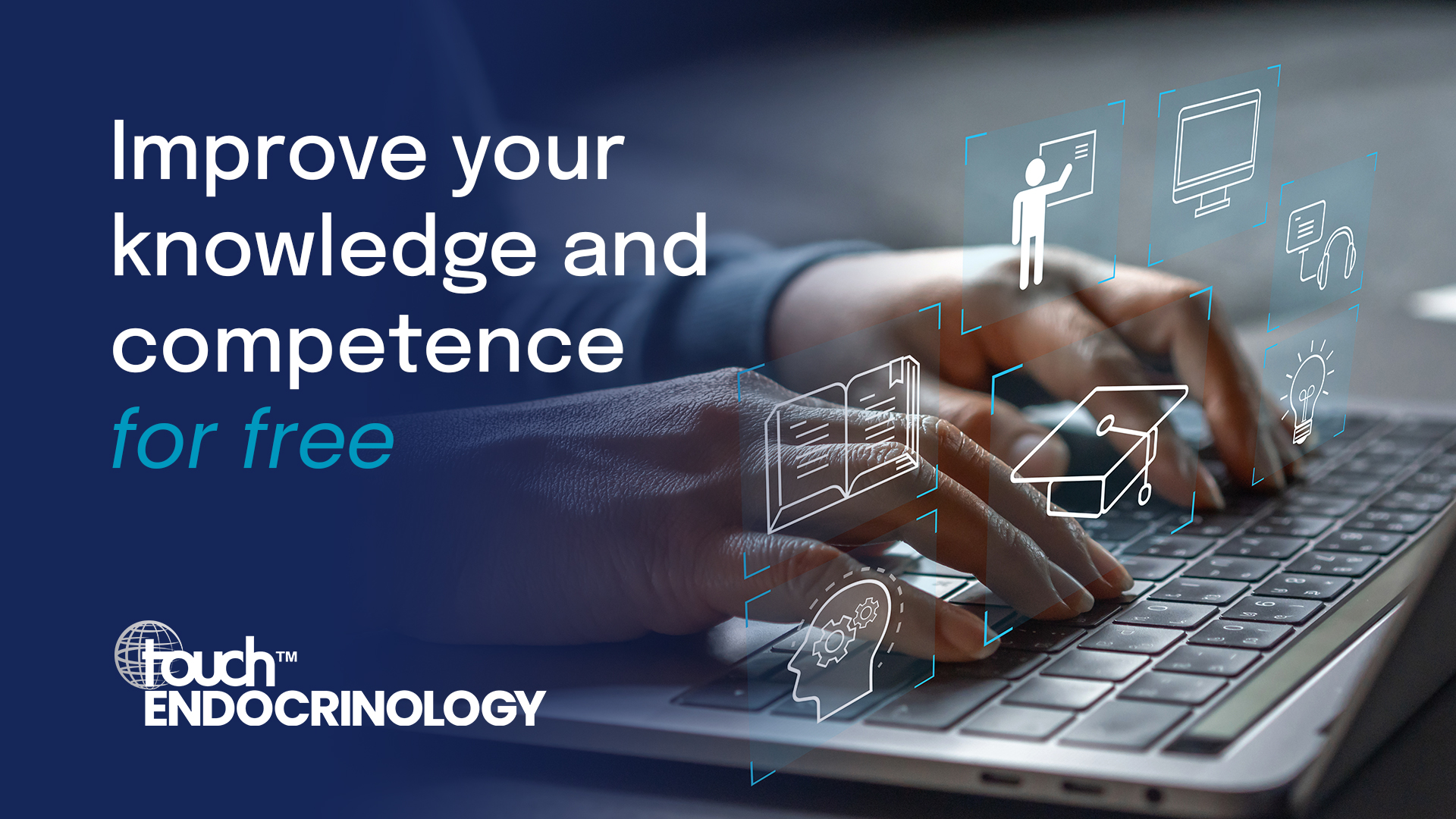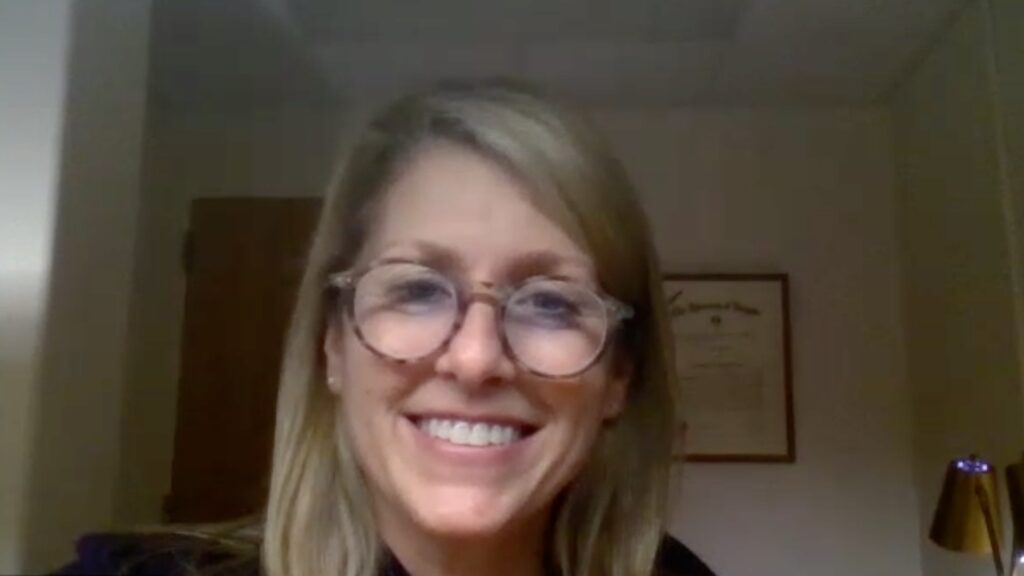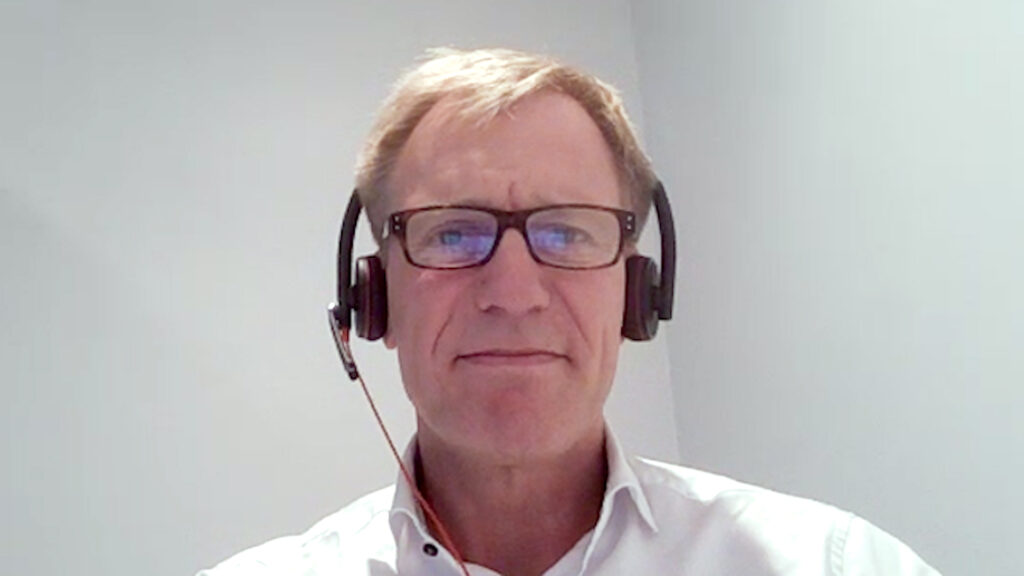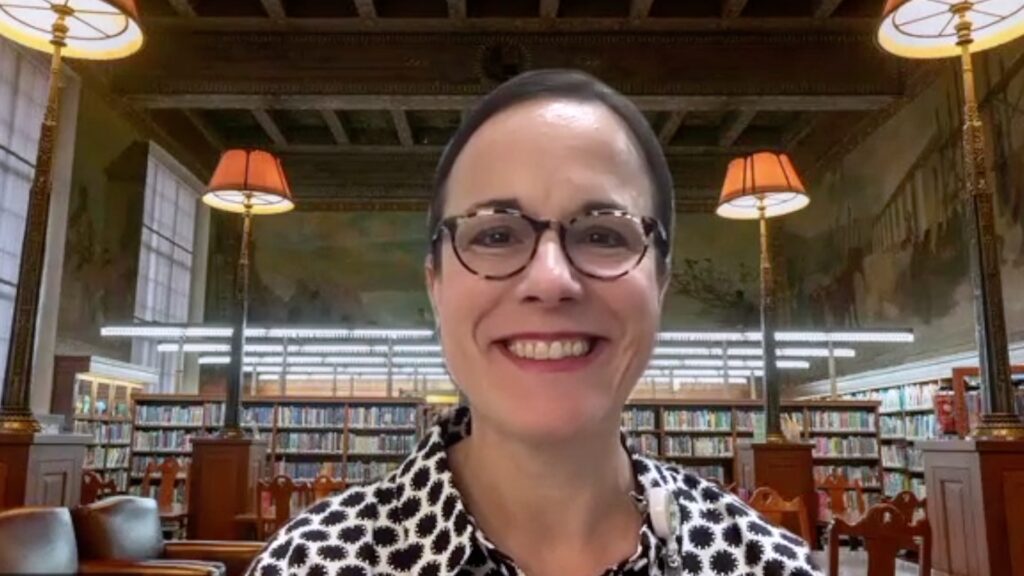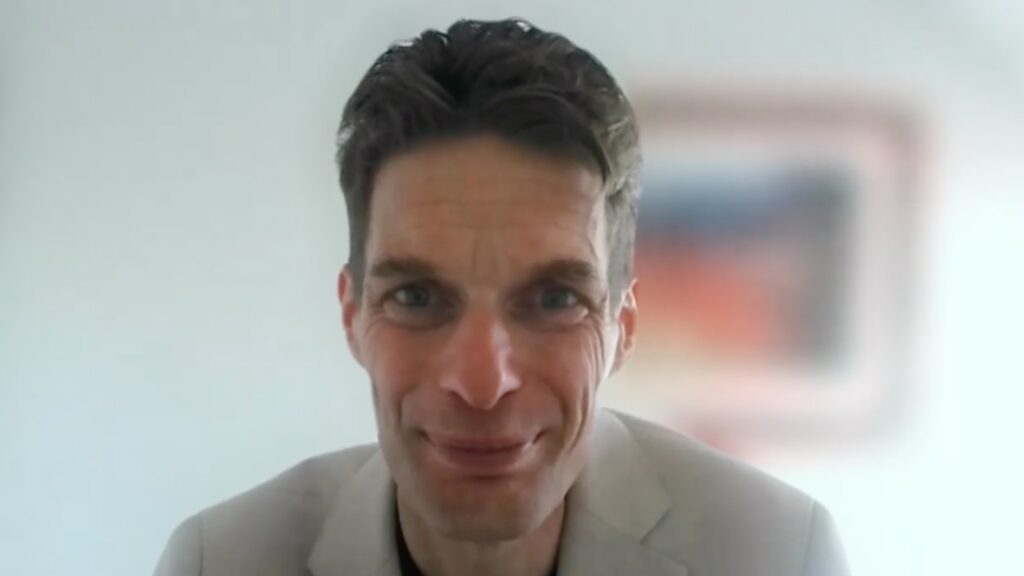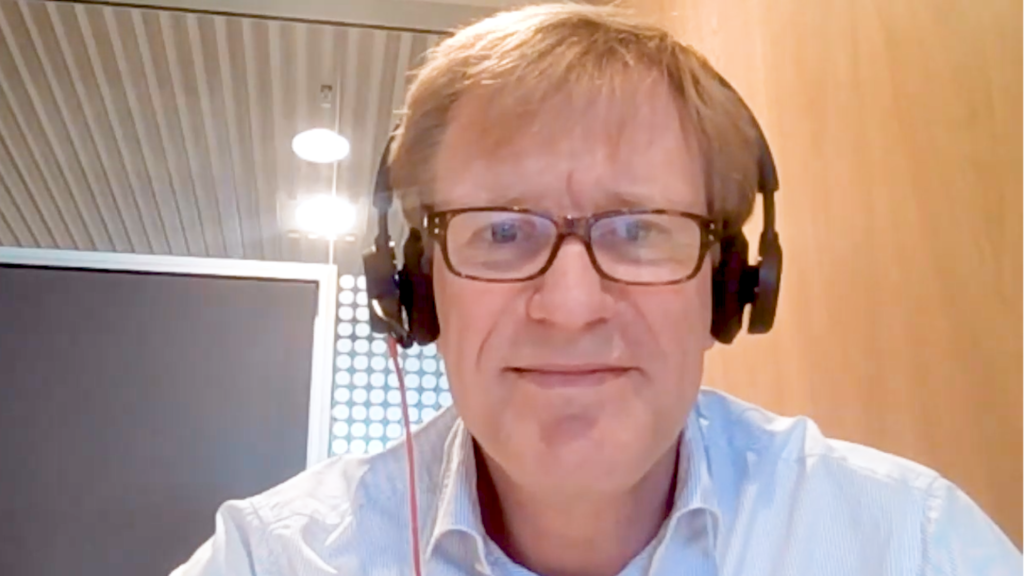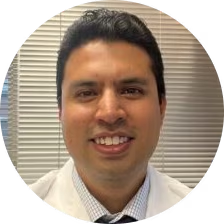 Dr Ignacio Portales-Castillo is a physician-scientist at Washington University School of Medicine in St. Louis, where he provides inpatient and outpatient nephrology consults at Barnes-Jewish Hospital and conducts research on parathyroid hormone receptor function in the laboratory of Dr Roberto Civitelli. Originally from Mexico, Dr Portales-Castillo earned his medical degree from the Universidad Autonoma de San Luis Potosi and began his career delivering primary care in a rural community. He completed his internal medicine residency at Rochester General Hospital, where he received a Clinical Excellence Award, followed by a nephrology fellowship at Brigham and Women’s Hospital and Massachusetts General Hospital in Boston.
Dr Ignacio Portales-Castillo is a physician-scientist at Washington University School of Medicine in St. Louis, where he provides inpatient and outpatient nephrology consults at Barnes-Jewish Hospital and conducts research on parathyroid hormone receptor function in the laboratory of Dr Roberto Civitelli. Originally from Mexico, Dr Portales-Castillo earned his medical degree from the Universidad Autonoma de San Luis Potosi and began his career delivering primary care in a rural community. He completed his internal medicine residency at Rochester General Hospital, where he received a Clinical Excellence Award, followed by a nephrology fellowship at Brigham and Women’s Hospital and Massachusetts General Hospital in Boston.
With a clinical focus on bone and mineral disorders in chronic kidney disease and a research interest in calcium and phosphate metabolism, Dr Portales-Castillo was named a 2025 awardee of the Clinical and Translational Research Funding Program for his promising work in translational medicine. In this Q&A, he shares the experiences that have shaped his career, his research vision, and the future he sees for the intersection of nephrology and endocrinology.
There have been two mentors that influenced my career the most. When I was an Internal Medicine Resident in Rochester, NY, I saw one patient with profound hyponatremia and discussed him with Dr Richard Sterns, the hyponatremia expert who described osmotic demyelination syndrome. He showed genuine interest and allowed all the room for curiosity and excitement about this one case. We even collaborated with an engineer to discuss more about the trends in plasma sodium changes over time in this patient. Dr Sterns showed me that you can write a thesis out of each patient (even with “common diseases”) and the value connecting with persons outside your own field, look outside the box. The second mentor that marked my career is Dr Harald Jueppner. I found Dr Jueppner while I was a nephrology fellow at the Massachusetts General Hospital in search for a research mentor. Even though I had never touched a real pipette and had no actual protected time to do research (only nights and weekends), he never doubted (or didn’t show it) that I could somehow learn in his lab. He replied to my questions by e-mail within minutes, sent me interesting articles to read and in the 6 years that I have known him, he has never missed one of my presentations (as long as he was in the same city). He taught me how important it is to give other people the confidence and then let their own skills flourish.
I think the most difficult part has been balancing my life outside work. I’m obviously passionate about what I do and could spend 24 hours without sleep or food working (exaggerating, but just by a little). However, despite this, my family is the most important part of my life and family is like salt you don’t always feel it until they are missing. What I have done is to spend all the time I can with family and sometimes even more, take extra days off, building trust and sharing my passion with them, involving them as much as I can. If one’s personal relationships are strong, then time for work will always come.
As I mentioned, patients have always inspired my research. They are the compass for every question I ask in the lab. Even if I were to be in a mathematics lab, I would try to ask how could this possibly be applied to benefit someone.
My fields include parathyroid hormone receptor research and phosphate homeostasis. I think in general, there is a growing number of medicines available which allow for more personalized medicine. For example, for hypoparathyroidism, soon we will have several different PTH analogs to choose from with slightly different mechanisms of actions (even if they use the same receptor). Some of the challenges are putting the patient first in the decisions of which analog to use and problems also with accessibility, costs. I think there is also an overall need for sustainability in health. We need to promote preventive measures; it will not be possible always to address problems with therapies of increasing cost.
Disclosures: This short article was prepared by touchENDOCRINOLOGY in collaboration with Dr Portales-Castillo. No fees or funding were associated with its publication.
Cite: Q&A with Dr Ignacio Portales-Castillo: touchENDOCRINOLOGY Future Leader 2025. touchENDOCRINOLOGY. July 15, 2025.
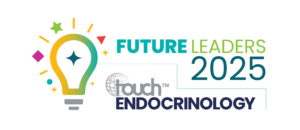
touchENDOCRINOLOGY is celebrating the brightest rising stars in the endocrinology community, who are set to shape the future of the field.
SIGN UP to touchENDOCRINOLOGY!
Join our global community today for access to thousands of peer-reviewed articles, expert insights, and learn-on-the-go education across 150+ specialties, plus concise email updates and newsletters so you never miss out.

